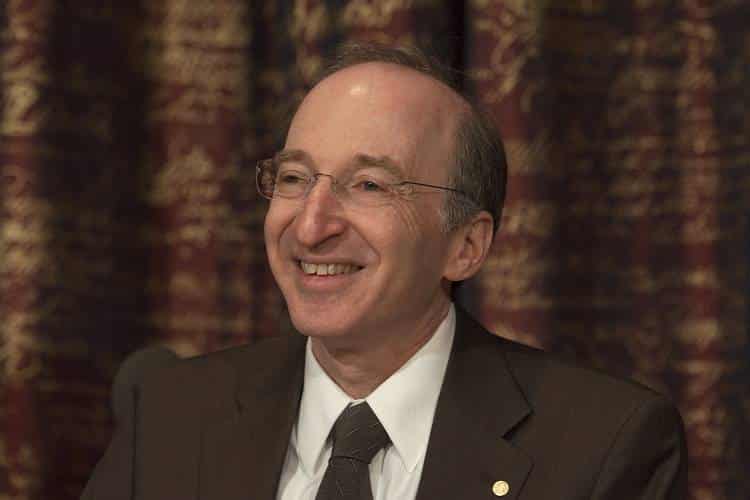Saul Perlmutter: Shedding Light on the Dark Universe

Saul Perlmutter is a renowned astrophysicist. He was awarded the Nobel Prize in Physics in 2011.
Life and Career
Saul Perlmutter was born on 22 September 1959, in Illinois, USA. He earned his Bachelor of Arts in Physics from Harvard University in 1981. Perlmutter continued his studies at the University of California, Berkeley, where he completed his Ph.D. in Physics in 1986. Perlmutter’s career has largely been centered on astrophysics and cosmology. In the 1990s, he led the Supernova Cosmology Project, a research group focused on measuring the rate of expansion of the universe.
One of his most significant achievements came in 1998 when his team, along with the High-Z Supernova Search Team led by Brian P. Schmidt and Adam G. Riess, independently discovered that the expansion of the universe was accelerating. This discovery revolutionized our understanding of the universe and introduced the concept of dark energy. Perlmutter has held various academic positions, including a faculty position at the University of California, Berkeley, and is affiliated with the Lawrence Berkeley National Laboratory.
Award and Legacy
He was awarded the Nobel Prize in Physics in 2011, for his groundbreaking work on the accelerating universe. He shared this prize with Brian P. Schmidt and Adam G. Riess for their contributions to the discovery of the accelerating expansion of the universe. He has also received numerous other awards and honors, such as the Shaw Prize in Astronomy in 2006 and the Breakthrough Prize in Fundamental Physics in 2015.
Saul Perlmutter’s discovery of the accelerating universe has had a profound impact on cosmology and astrophysics. It led to the recognition of dark energy as a fundamental component of the universe, and it continues to be a subject of intense scientific investigation. His work has inspired future generations of scientists to explore the mysteries of the universe and has shaped our understanding of the cosmos.
Observer Voice is the one stop site for National, International news, Sports, Editor’s Choice, Art/culture contents, Quotes and much more. We also cover historical contents. Historical contents includes World History, Indian History, and what happened today. The website also covers Entertainment across the India and World.
Follow Us on Twitter, Instagram, Facebook, & LinkedIn

